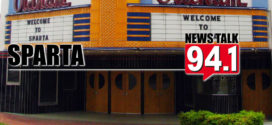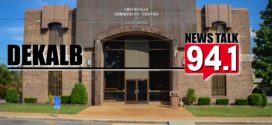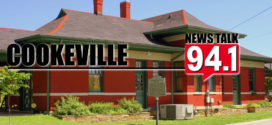The ordinance regulating liquor by the drink in Algood was approved on its first reading Tuesday night.
The approval came after the city council approved the referendum’s results. As the ordinance stands now, Algood would would receive a 15 percent privilege tax paid by the seller, which the state would send back to the city. City Attorney Danny Rader did make a change to the ordinance before Tuesday night.
Addressing concerns over selling liquor at events sponsored by non-profits and charitable organizations in city parks.
“We’ve rewritten this so that it will say, ‘except at special events which are city of Algood sponsored or co-sponsored events, at any locations as may be designated by the city of Algood City Administrator,” Rader said. “Taking out the general provisions for event permits at the city and county parks.”
Rader said as its written now, Algood would be limited to selling alcohol at city sponsored or co-sponsored events.
Councilman Ron Graves said that he knows a lot of small towns that do not allow anything in their parks. Rader said cities like Cookeville for example, do allow this because there are not many options for alternative venues, beyond parks.
“There’s just not other avenues… There’s not other locations available,” Rader said at Monday night’s work session. “In Cookeville to host those kinds of events, and so they felt like it was important to have that kind of mechanism available. In order to make that kind of space available, because it was a smaller community.”
Restaurants will only be permitted to sell liquor in areas zoned for general commercial and central business. According to Tennessee law, Rader said Algood can not put any distance restrictions in.
“That’s been a huge point of contention in a number of cities that have passed liquor by the drink,” Rader said Monday night. “Because many cities, including Algood, have distance restrictions with respect to beer. The state law does not have any distance restrictions and you’re not able to impose them… Because as we talked about in that last work session, it’s the state that regulates the sale of liquor or other high alcohol beverages, and the city does not have that power.”
These distance restrictions are in reference to a business selling liquor near a school or a church. The Algood Beer Board will still have the power to regulate businesses that are only selling beer.
However, Rader said he wrote this provision to grant a beer permit, if someone is granted a state liquor license. Rader said this was to avoid controversies of businesses allowed to serve liquor, but not beer.
 News Talk 94.1/AM 1600 Where The Upper Cumberland Talks
News Talk 94.1/AM 1600 Where The Upper Cumberland Talks







